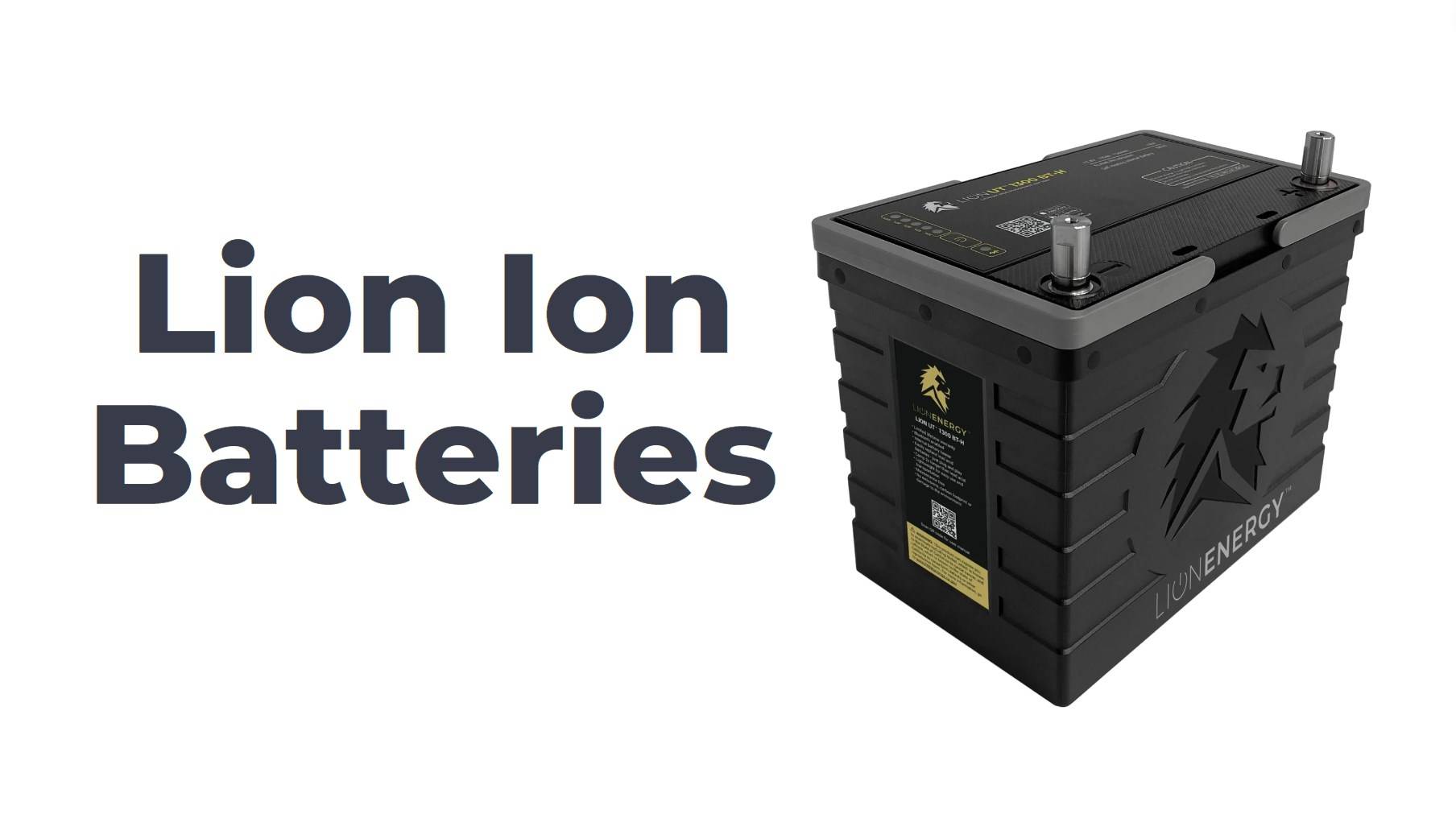Portable solar generator kits provide an efficient and eco-friendly power source for off-grid energy needs. These systems harness sunlight to generate electricity, making them ideal for camping, emergency backup, or remote living. This guide explores how they work, their benefits, costs, safety measures, and maintenance tips.
What is a portable solar generator kit and how does it work?
A portable solar generator kit consists of several components designed to capture, store, and utilize solar energy. The main components typically include:
- Solar Panels: Capture sunlight and convert it into direct current (DC) electricity.
- Battery Storage: Stores the generated electricity for later use.
- Inverter: Converts DC electricity from the battery into alternating current (AC) electricity for powering household appliances.
- Charge Controller: Regulates the voltage and current coming from the solar panels to prevent overcharging the battery.
Portable solar generator kits are designed for easy transport, allowing users to set up power sources wherever needed.Portable Solar Generator Kit Overview Chart
| Component | Function |
|---|---|
| Solar Panels | Convert sunlight into DC electricity |
| Battery Storage | Stores electricity for later use |
| Inverter | Converts DC to AC electricity |
| Charge Controller | Manages charging process |
What are the benefits of using portable solar generators for off-grid energy needs?
The benefits of using portable solar generators include:
- Renewable Energy Source: They utilize sunlight, a sustainable resource that reduces dependence on fossil fuels.
- Portability: Many models are lightweight and easy to transport, making them ideal for camping or emergency situations.
- Quiet Operation: Unlike traditional gas-powered generators, they operate silently.
- Low Operating Costs: Once purchased, they have minimal ongoing costs since they rely on free sunlight.
Benefits Overview Chart
| Benefit | Description |
|---|---|
| Renewable Energy Source | Reduces reliance on fossil fuels |
| Portability | Easy to carry for various activities |
| Quiet Operation | Operates silently compared to gas generators |
| Low Operating Costs | Minimal ongoing costs after purchase |
How much do portable solar generator kits cost, and what factors influence their price?
The price of portable solar generator kits varies widely based on several factors:
- Capacity: Higher capacity models (measured in watt-hours) generally cost more.
- Brand Reputation: Established brands may charge a premium due to quality assurance.
- Features: Additional features like multiple output ports or faster charging capabilities can increase costs.
On average, prices can range from £300 for smaller units to over £3,000 for larger systems, depending on specifications.Cost Factors Chart
| Factor | Influence on Cost |
|---|---|
| Capacity | Higher capacity = higher price |
| Brand Reputation | Premium brands often charge more |
| Features | Additional functionalities increase costs |
What safety precautions should be taken when using portable solar generators?
Safety is crucial when operating portable solar generators:
- Proper Ventilation: Ensure adequate airflow around the generator to prevent overheating.
- Avoid Overloading: Do not exceed the generator’s rated output to prevent damage or malfunction.
- Regular Inspections: Check connections and cables regularly for wear or damage.
By following these precautions, users can safely enjoy the benefits of their portable power station.Safety Precautions Chart
| Precaution | Description |
|---|---|
| Proper Ventilation | Prevents overheating |
| Avoid Overloading | Ensures safe operation |
| Regular Inspections | Maintains equipment integrity |
How can users maintain their portable solar generators effectively?
To ensure optimal performance and longevity of portable solar generators, users should:
- Keep Clean: Regularly clean the device to maximize efficiency.
- Battery Maintenance: Check battery health periodically and ensure proper charging practices.
- Store Properly: When not in use, store the unit in a cool, dry place away from direct sunlight.
Implementing these maintenance practices helps extend the lifespan of the generator.Maintenance Tips Chart
| Maintenance Task | Frequency |
|---|---|
| Keep Clean | Monthly cleaning |
| Battery Maintenance | Periodic checks on battery health |
| Store Properly | Store in a cool, dry place when not in use |
Buy Wholesale Battery Tips
For businesses seeking reliable battery solutions, Redway Battery is an excellent choice for wholesale buyers or OEM clients overseas. With over 13 years of experience in lithium battery manufacturing, Redway Battery provides high-quality products that serve as a superior alternative to lead-acid batteries.To make OEM orders from a trustworthy manufacturer like Redway Battery:
- Identify Your Needs: Determine specifications and quantities required.
- Contact Redway Battery: Reach out through their official channels.
- Discuss Terms: Negotiate pricing and delivery timelines.
- Place Your Order: Finalize your order with a purchase agreement.
Industrial News
Recent advancements in battery technology have led to an increased focus on renewable energy solutions as consumers seek reliable sources during outages or outdoor activities. Innovations in efficiency and capacity are making these systems more appealing for both personal and commercial use.
Redway Expert Views
“Investing in renewable energy solutions like portable solar generators enhances energy independence,” states an expert at Redway Battery. “Understanding your options allows you to choose the best solution tailored to your energy needs.”
FAQ Section
- Q1: Can I use my portable power station while it’s charging?
A1: Yes, many models allow simultaneous charging and usage; check your specific model’s guidelines. - Q2: How long does it take to charge a portable power station?
A2: Charging time varies by model; typically ranges from 5 to 12 hours depending on sunlight availability and battery capacity. - Q3: Are there any warranties available for portable power stations?
A3: Most manufacturers offer warranties ranging from one year up to five years depending on the model. - Q4: Can I connect multiple solar panels to my generator?
A4: Yes, many models support multiple panel connections to increase charging efficiency; consult your user manual for specifics.



